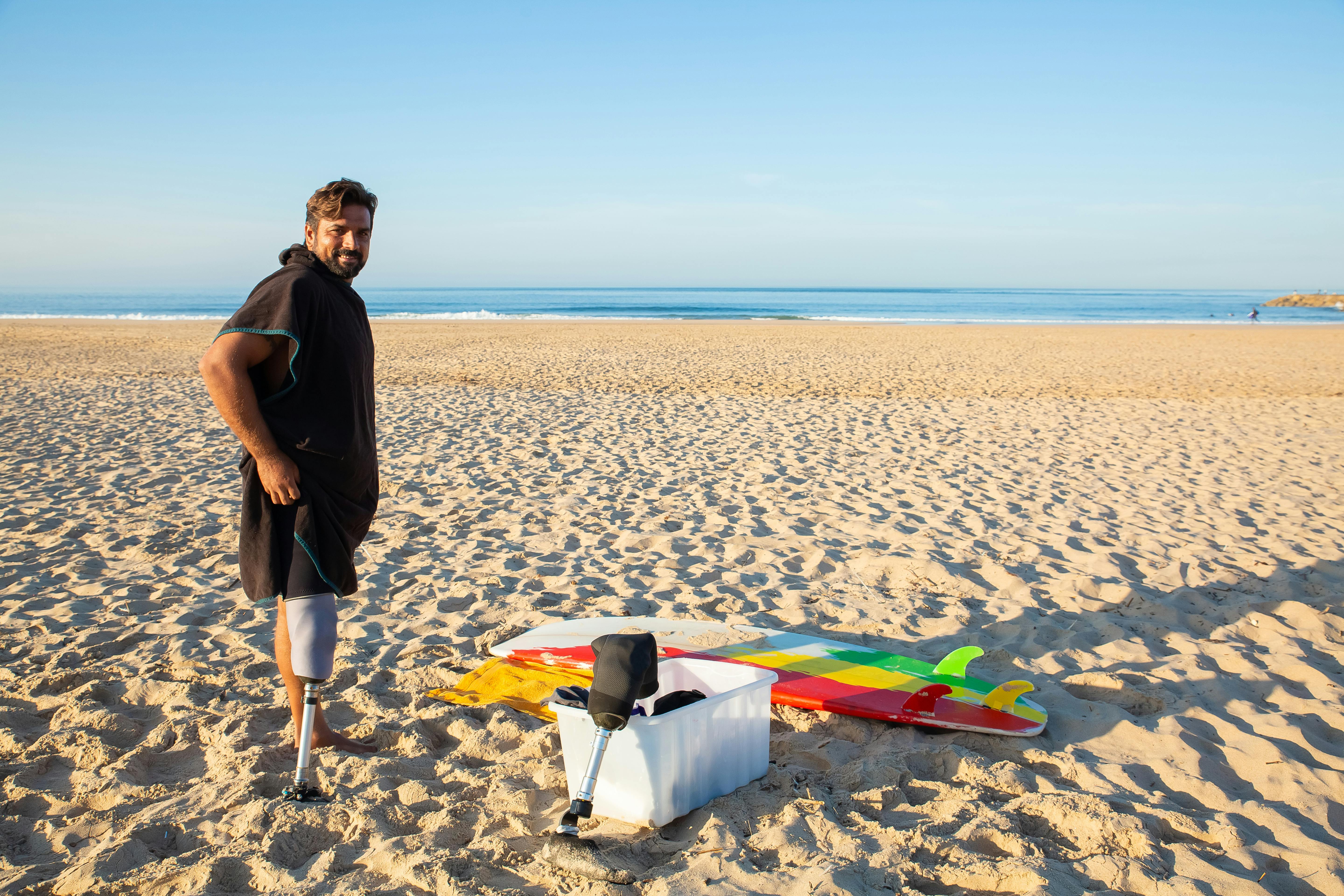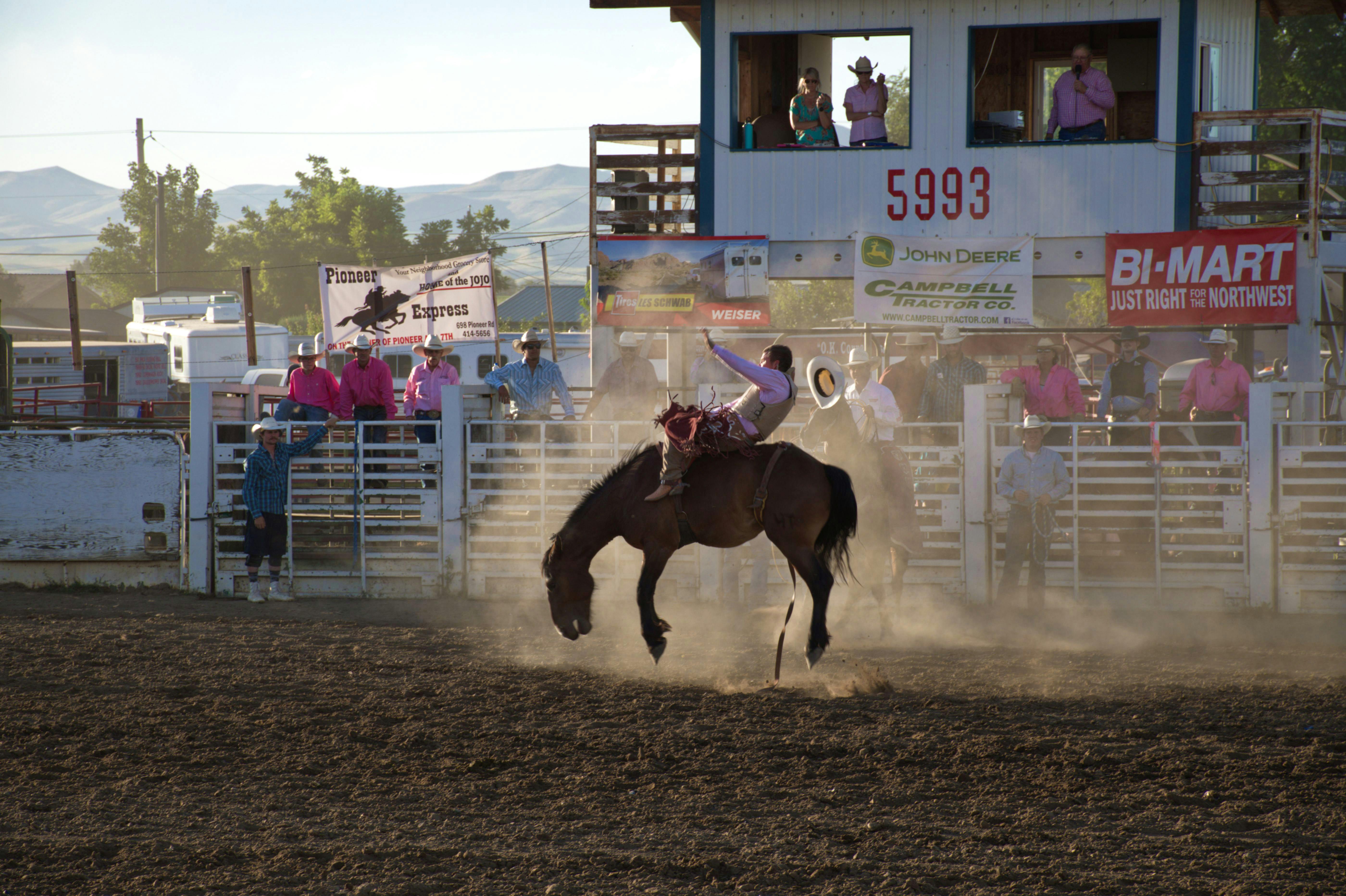Forbes’ International Living heralded Panama as one of the best places to retire several years ago, causing a bit of a stampede among the North American and European baby boomer community for several good reasons. Of course, the low cost of living was important if not paramount in the eyes of all retirees.
No longer considered a developing nation, as the 60th country (out of 180) ranked by the UN on the Human Development Index, Panama enjoys a satisfactory infrastructure with a strong basic education system for its citizens. In addition to easy and low-cost access to English-speaking doctors in private hospitals and coupled with a low crime rate (especially violent crime), Panama uses the US dollar, making transactions easier for many expats.
Forget any vision you may have of Panama being a banana republic run by shady Noriega types; while corruption by Western standards is high, current President Martinelli is cleaning up the government. As is customary in Central America, the office of president is legislatively limited to one round; it seems unlikely that President Martinelli will test such legislation. Two kidnapping attempts this year show that he is on the right track; the gangsters are threatened by the new regime.
Like Costa Rica, the Panamanian government actively withdrew from the courts for good reason. Retirees are generally law-abiding, spending money not only on essentials like gas and groceries, but also in the service industry beyond the means of most locals and, due to the low cost of labor , many will have domestic help. It is a win-win for both parties; many retirees could not afford the amenities they enjoy here, while local economies benefit from the economic stimulus.
In that sense, it is relatively easy for a person to obtain their cedula (card that accredits the state of residence and that all citizens must carry at all times) in Panama. All that is needed is proof of a guaranteed income (such as a pension), police clearance from the country of origin and a medical check-up. Fees, including attorney’s fees (not required but recommended) will range from $300 and up; the average is in the $900 range.
Retirees do not pay taxes on their income earned in another country. The downside of the cedulla easy track? You cannot vote or work in Panama. However, if you still have the working bug, you can set up a business with some restrictions. For example, retail businesses are prohibited for foreigners. The Internet has given many the opportunity to continue working through telecommuting; when charging the company from your home country, you are technically not working in Panama.
Other incentives include a generous one-time transfer on importing duty-free household items and exemptions, such as 25% off airfares and restaurant meals and 50% off weekend hotel stays; there are many more discounts. In addition, there is a 20-year moratorium on property tax for card holders.
Panama may be small but it offers a diverse geography to suit any temperament except that of a skier. From the volcanic highlands of the west at altitudes of over 10,000 feet with surprising coolness (yes, it looks like Panama runs north to south, but it’s positioned from west to east) to the east just barely above sea level and the mid-country lowlands with tropical year-round temperature, you will find your fit. While Panama doesn’t have many great swimming beaches, there is plenty of sand and waves for sunbathers and beachgoers.
At once cosmopolitan and picturesque, the lifestyle you enjoy most is probably attainable in a Panamanian retirement.



